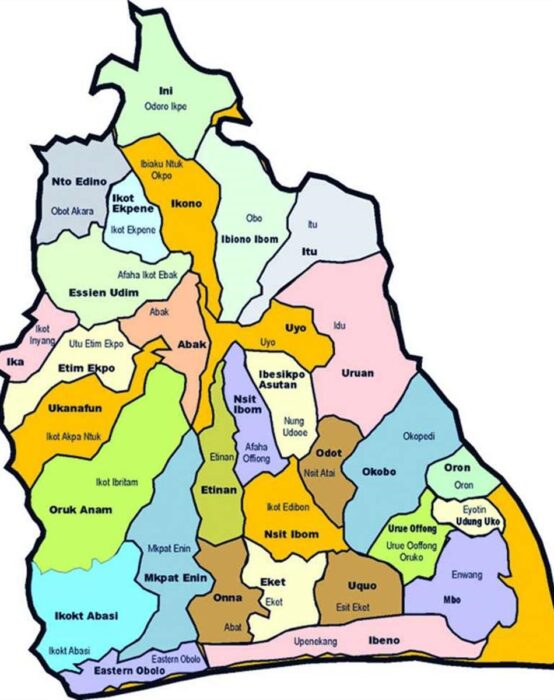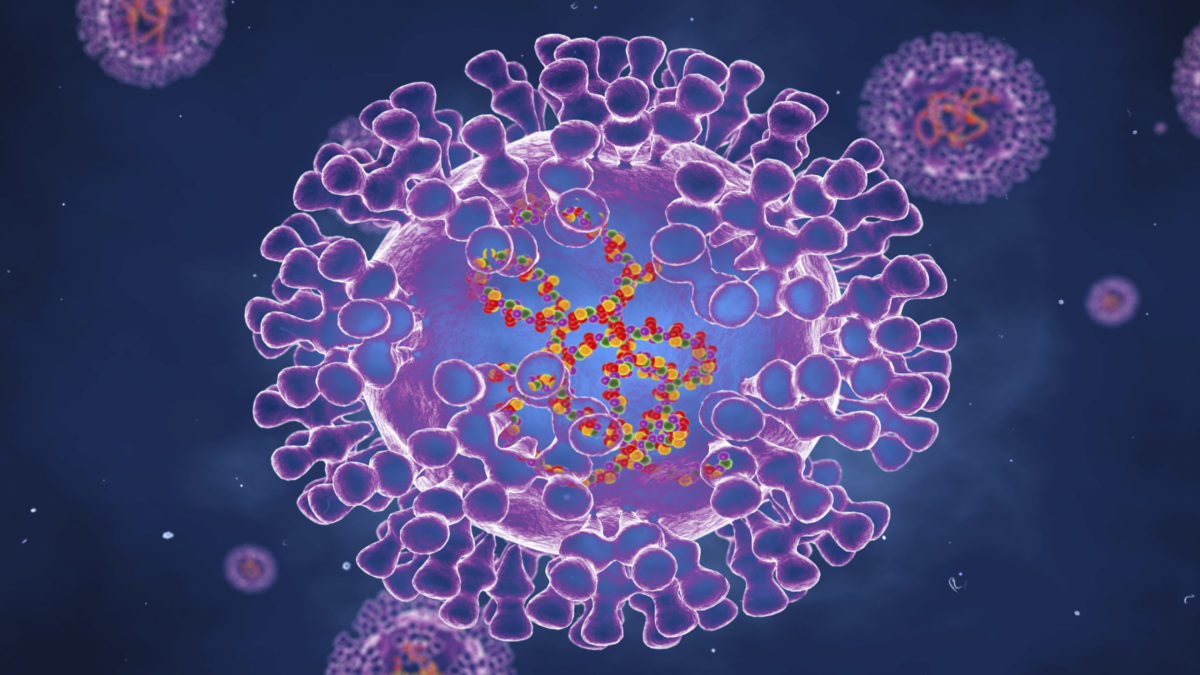The Akwa Ibom State Ministry of Health has confirmed an additional case of MPOX, thereby pushing the number of cases found in the state from January 2024 till date to four.
The state Disease Surveillance and Notification Officer, Mr. SAMUEL ETUK, who confirmed the additional case while speaking on MPOX at the Breakthrough Action Nigeria media review meeting in Uyo, stressed that of the four cases, two were recorded in Uyo, one in Onna, and another in Nsit Ubium.
According to him, the cases were recorded in children aged two, four, and 12, as well as an adult aged 41 years.
Mr. ETUK, who noted that 3 cases found in January were successfully treated, maintained that there is no specific treatment for the infection but that the disease was managed based on the symptoms.
He also revealed that the disease is self-limiting, meaning that those with a strong immune system might not have any sign of the disease, while others who get infected and manifest symptoms do get better with treatment.
Akwa Ibom falls in the category of states placed on high alert because it recorded cases of Mpox in the period reported by the NCDC; January 2024 to June 2024, where it was noted that so far there has been zero death.
The State Disease Surveillance and Notification Officer also noted that surveillance has been heightened over the outbreak of the disease and that the Ministry of Health is using community informants, 10 per ward, to report suspected cases.











